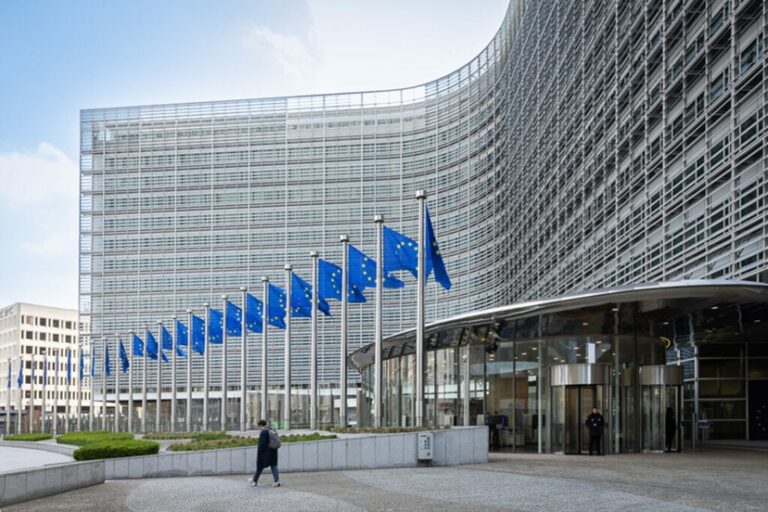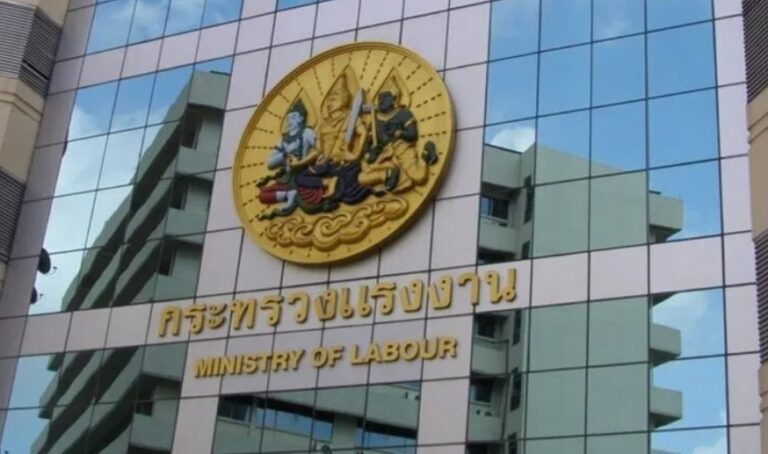In a surprising turn of events, Thailand, once a trailblazer in Asia for legalizing cannabis, is now considering a rollback of its progressive stance. Prime Minister Srettha Thavisin announced on Wednesday his intention to outlaw the drug again, citing concerns over its availability to children and a surge in associated crimes.
Thavisin took to social media to express his views, revealing that he has urged the Health Ministry to reclassify cannabis as a narcotic and impose strict regulations, limiting its use exclusively for medical purposes. This stark reversal comes just two years after the country made headlines by becoming the first in Asia to legalize the plant.
Despite initial assurances that cannabis would be strictly regulated for medicinal use, the market quickly spiraled out of control. Reports of unregulated sales and misuse have fueled public outrage and raised fears of escalating criminal activities.
The move to legalize cannabis in 2022 was spearheaded by the Bhumjaithai Party, with promises of economic prosperity for impoverished regions, particularly in the northeast. However, in a surprising shift, all major political parties, including Bhumjaithai, have now pledged to tighten restrictions on cannabis, reflecting a broader consensus among policymakers.
The proposed crackdown has sparked strong opposition from cannabis advocates and entrepreneurs. They argue that the legal cannabis industry has been a boon to Thailand’s economy, particularly in tourism and agriculture. The sector has seen a proliferation of retail outlets, ranging from traditional shops to mobile trucks and market stalls, generating employment and economic growth.
As Thailand navigates this complex issue, the future of its cannabis industry hangs in the balance. The government faces the daunting task of striking a balance between addressing public concerns and sustaining the economic gains brought about by legalization. The coming months will be critical in determining the fate of cannabis in the Land of Smiles.
(Source: Associated Press | NYT)










